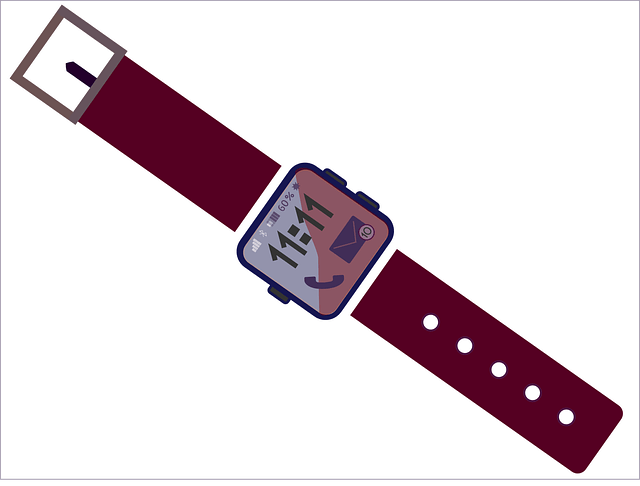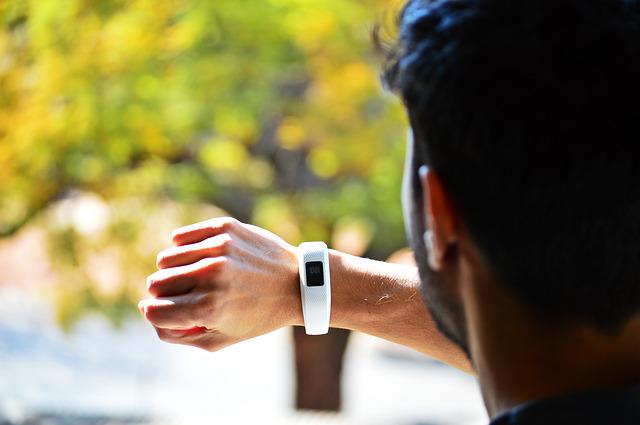Listen to the article
This audio is auto-generated. Please let us know if you have feedback.
Dive Brief:
- Researchers have generated evidence that Verily’s wearable device can record measurements that may serve as digital biomarkers of Parkinson’s disease progression.
- Writing in npj Digital Medicine, researchers at Verily described a study of 388 early-stage Parkinson’s patients who wore the Verily Study Watch for a median of 390 days. The researchers concluded the device may reduce the sample size needed to show the effect of a therapeutic intervention.
- Scores on the smartwatch-based virtual motor exam differed depending on whether the subjects performed the test at home or in the clinic, leading the researchers to argue that remote testing gives a more complete, accurate picture of the severity of the disease.
Dive Insight:
The potential for wearable devices to bring objectivity to the assessment of Parkinson’s and yield insights into the health of patients between site visits has attracted multiple research groups.
Verily, part of the Alphabet group that includes Google, stepped up its interest in the concept when it teamed up with Radboud University Medical Center for the Personalized Parkinson Project in 2016.
In the main study, the collaborators enrolled 520 people with early-stage Parkinson’s to wear the Verily Study Watch for up to 23 hours a day for three years to passively collect data from the device’s accelerometer, gyroscope, photoplethysmography (PPG) and skin conductance sensors. PPG sensors can measure heart rate, while the skin conductance response relates to stimuli that are physiologically arousing.
The researchers began a 370-patient substudy in May 2020. Participants in the substudy performed an active assessment, the Parkinson’s Disease Virtual Motor Exam, at two predefined times one day a week.
The two predefined times targeted the periods of the day when patients had their best and worst motor function to assess participants in the off and on-states of Parkinson’s. Tasks in the exam included seated rest, arm raise and arm twist, and up and go, which asked the subjects to stand up and walk.
Median smartwatch wear time across the whole, 520-subject study was 22.1 hours a day. Five percent of participants dropped out. Participants in the substudy completed more than 22,000 exams, which added up to 59% of the per-protocol test sessions during the 70-week follow-up period.
Compliance fell over time, with 80% of participants completing at least one exam in the first week compared to 40% by week 52. Verily saw moderate-to-strong correlations between the exam data and ratings by three clinicians.
Starting in July 2020, participants performed the exam during their in-clinic visits while being observed by their assessor. The assessors observed major deviations in the execution of the resting-while-sitting test 27.4% of the time. The rates of major deviations for other parts of the exam were in the single digits.
Comparing data generated in a clinic and at home, the researchers found divergence in the results. Max Burq, a data scientist at Verily who co-authored the paper, sees the divergence as an encouraging sign.
“The results of that one measurement often differed from the weekly measurements in their home situation. We are convinced that the results in the home setting give a much more complete and accurate picture of the severity of Parkinson’s disease,” Burq said in a statement.
While noting the limitations of the study such as its inability to measure non-motor symptoms, Burq and his collaborators view the findings as evidence that wearable devices can measure disease progression. Another study in a different patient population is needed to validate the findings.
Source: https://www.medtechdive.com/news/verily-smartwatch-parkinsons-study-clinical-trial/624345/



